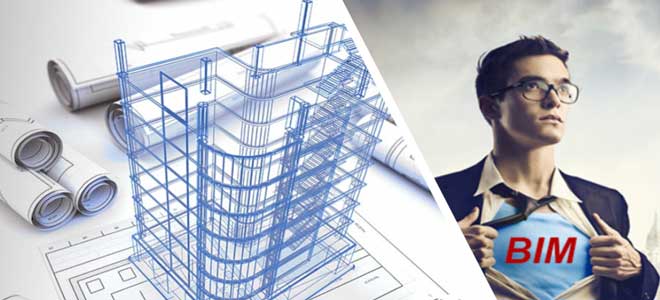BIM (Building Information Modelling) specialists and BIM-related skills are becoming more in-demand as interest in BIM increases. Like any other job, being a BIM professional requires having both the necessary technical and soft abilities.
The qualifications needed for a BIM specialist, on the other hand, are significantly tougher to pinpoint because they vary by specialty and job duties. No of the role, we have highlighted the essential competencies for BIM professionals.
BIM professionals should have a strong understanding of computer-aided design and drawing software, as well as a good knowledge of construction procedures and regulations. They should also be able to communicate effectively with architects, engineers, and other stakeholders. Finally, good problem-solving and analytical skills are essential for any successful BIM specialist.
What are the technical skills you need for a BIM career?
Below listed some of the technical knowledge and skills you need for a BIM career:-
Construction & Design skills
Becoming an expert in BIM requires a lot of experience. A professional will get job-specific abilities, such as understanding of design and construction, as a result of this experience from working in a certain AEC field.
One should be able to speak the same language as other project participants in order to interact with them successfully during the design and construction stages.
Gaining the faith and confidence of other project stakeholders will be simpler if you have a solid grasp of your knowledge and experience.
Skills in Presentations
A BIM model contains a lot of information, therefore it's important to show it effectively so that all parties can understand and use it.
In addition to renderings and visualization, other outputs for presentation include data embedding, scheduling, cost calculation, and clash detection, to mention a few.
The goal should be obvious: to provide the appropriate information to the appropriate individual to facilitate improved decision-making. As a result, all pertinent information must be given in a clear manner, whether orally, visually, or in writing. For this reason, a BIM expert must also possess strong communication skills.
Knowledge about the 3D softwares
Each job description you look at will have software skills mentioned as one of the top prerequisites. The BIM software used and the amount of expertise required depend on the duties or roles involved in a given BIM position.
Usually speaking, the more advanced your software abilities should be, the greater the job or responsibility.
3D modeling and online collaboration are fundamentals for all BIM professionals. You are not genuinely using BIM if you can't generate and maintain a data-rich 3D model that can be shared and managed by many project participants.
Modern software advancements have also made it possible for BIM software to provide creative, organic designs.
What are the soft skills you need for a BIM career?
Below listed some of the soft knowledge and skills you need for a BIM career:-
Skills related to communications
To improve transparency in the sharing of project data, a BIM professional has to be proficient in verbal, written, and visual communication.
It needs the team's capacity to communicate as well as the technical BIM data. Each stakeholder will have a clear obligation to complete their part of the project. Collaboration is at the heart of BIM, but if team communication is ineffective, it will only impede the process.
BIM requires teams to work together to achieve the best results. Without proper communication, the whole process can become inefficient and ultimately unsuccessful. Therefore, strong and effective communication is essential for a successful BIM project.
Ability to coordinate
In a project team, coordination is just as important as communication, thus a BIM expert cannot and should not operate alone. The task is to develop, oversee, and evaluate the BIM model as a team.
The task is to develop, oversee, and evaluate the BIM model as a team. When there are several individuals present, coordination is required. One must make sure they are using the correct file and information, and they must also deliver their work to the correct recipient.
Team-wide and bilateral coordination will take place in relation to scheduling, data transmission, estimate, and computations.
Ability to solve problems
Any problems with the information model should be able to be analyzed, found, and, if required, fixed onsite by a BIM expert. The ability to analyze and solve problems extends beyond just seeing issues with the model.
The BIM expert, particularly a BIM manager or coordinator, should also pinpoint effective workflows that may be repeated in subsequent projects and steer clear of ineffective procedures.
Building information models frequently include flaws and conflicts, but owing to the benefit of collaborative team processes in BIM, we are able to swiftly and efficiently fix these problems.
A project stakeholder is responsible for resolving any issues pertaining to their portion of the job, which is often distinct for each stakeholder.
The ability to lead the team
All project team members, not only the top team members, require leadership. All participants are required to participate in project decision-making, even though BIM managers and consultants often oversee the workflow.
This is because each is in charge of at least one component of the shared information model. They should thus be capable of sharing, defending, and leading their individual processes.
Of course, leadership abilities become much more crucial when the professional is in a BIM manager or higher position.
To guarantee that all procedures are of the intended quality and completed on time, a BIM coordinator or manager will be required to oversee the project and direct all participants.
A leadership skill is almost an absolute requirement for every BIM role, as every role comes with its own responsibilities.

